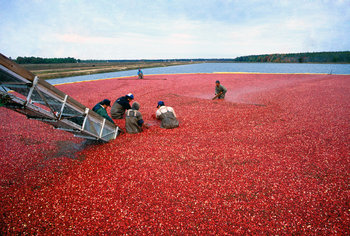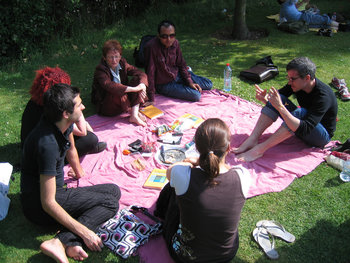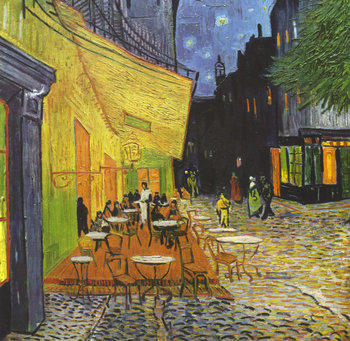

Nutrients
Adequate food and nutrients. In some cases, a government mandates that a commodity such as salt be fortified with nutrients that are under-consumed. Governments may also directly feed people healthy foods with programs such as a school lunch program.Housing
Adequate housing. For example, public housing in a city where many people have been priced out of the market.Education
It is common for preschool, kindergarten, primary school and secondary school to be free. In many cases, colleges and universities are subsidized.Transport
Access to basic transport such as public transportation. It is common for roads to be free with subsidies for use of public transport such as trains.Healthcare
Some nations offer free universal healthcare. Healthcare benefits public health, well-being, productivity and reduces risks such as the risk of an epidemic.Culture
Access to culture such as art, music and traditional festivals. For example, an art museum that is free or subsidized.Information
Adequate internet services and access to libraries.Community
Community services such as family counseling.Sports & Recreation
Activities such as sports and access to green space.Safety Equipment
Safety equipment such as child car seats.| Overview: Merit Goods | ||
Type | ||
Definition | A good that a government views as essential for all that risks being under-consumed due to ability or willingness to pay. | |
Related Concepts | ||





























